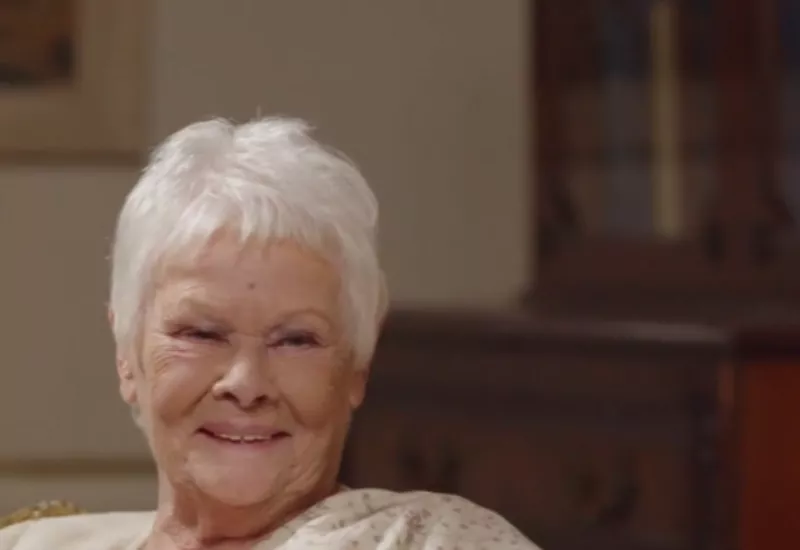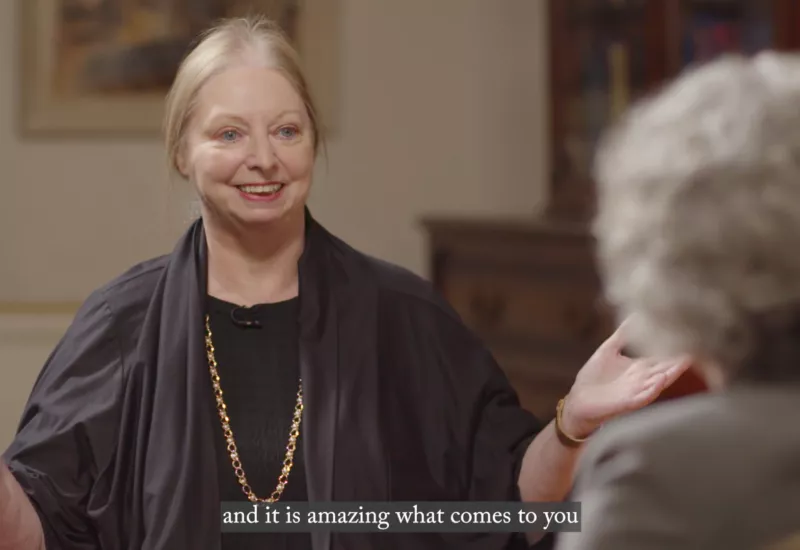Bonnie Garmus, author of the much-heralded Lessons in Chemistry, has a history in the sciences and has always struggled with the concept of unequal opportunities within this field. She created her much loved character, Elizabeth Zott, as a way of portraying the struggle that female scientists have experienced since they first entered the work arena, but their history goes back much further than the 1960s.
Throughout history, women have been largely excluded from formal education and professional opportunities in the sciences. This slowly but surely began to change in the late 19th and early 20th centuries, as more women began to pursue higher education and make important contributions in the scientific arena.
One of the earliest examples of a woman’s contribution to science is the Greek philosopher and mathematician Hypatia of Alexandria, who lived in the 4th century AD. She was a renowned scholar who taught mathematics and astronomy, but was eventually killed for her beliefs.
Another early pioneer was Marie Curie, a physicist and chemist who conducted ground-breaking research on radioactivity in the late 19th and early 20th centuries. In 1903, she became the first woman to win a Nobel Prize, and she went on to win a second Nobel Prize in 1911. Her work paved the way for many other women in the sciences and inspired many generations to come.
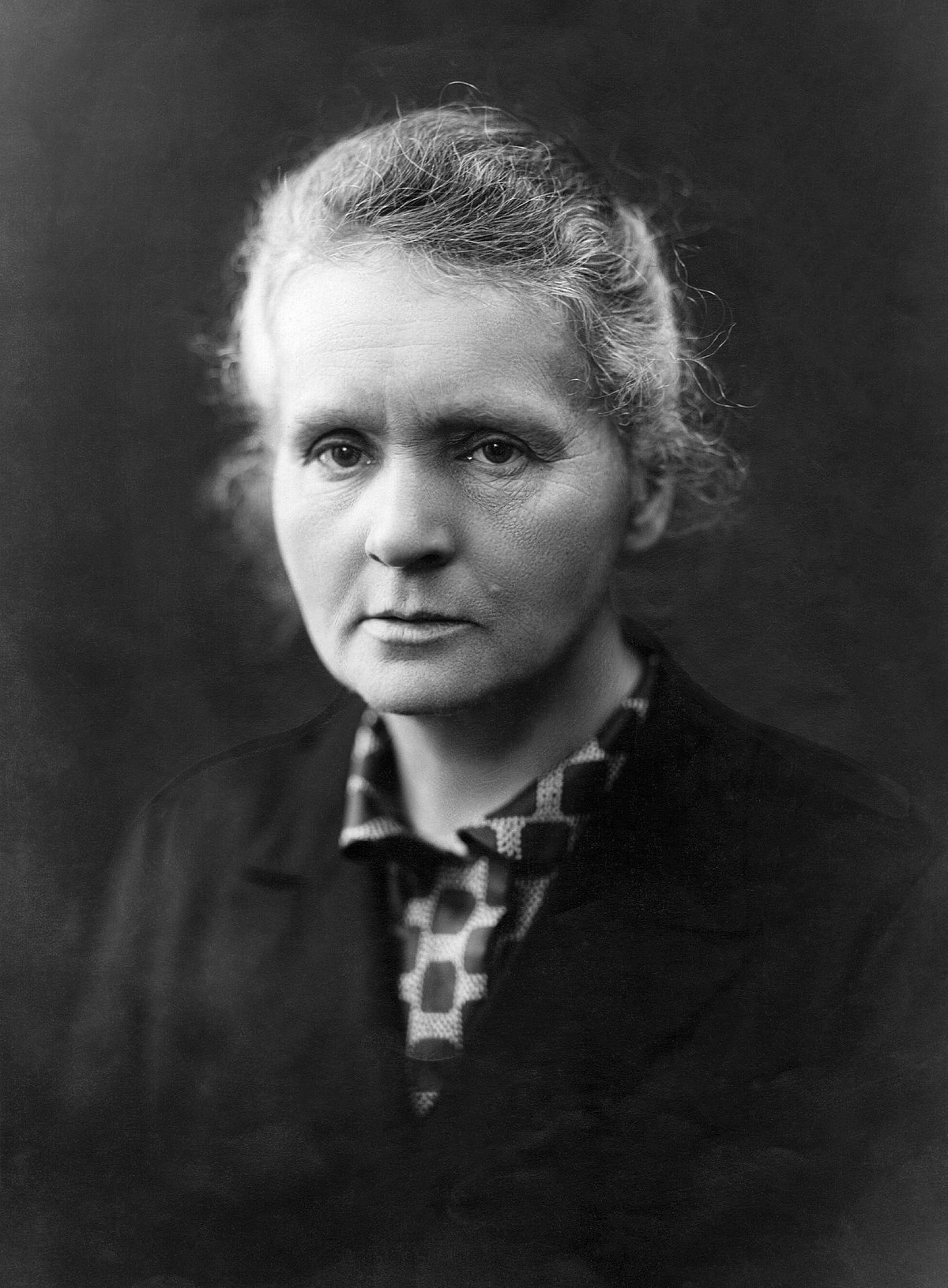
Marie Curie
Other notable women in science from this time period include Rosalind Franklin, who played a key role in the discovery of the structure of DNA, and Lise Meitner, a physicist who made important contributions to the study of nuclear fission.
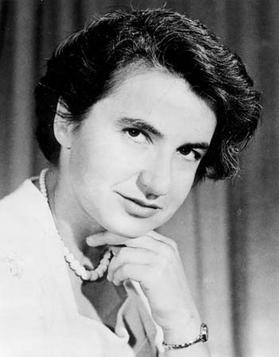
Rosalind Franklin
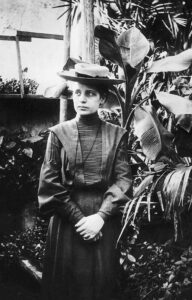
Lise Meitner
Despite these early successes, women continued to face significant obstacles in pursuing careers in the sciences throughout much of the 20th century. Many were denied access to formal education and research opportunities, and even those who were able to enter the field often faced discrimination and bias. Nancy Hopkins and Kate Zernike describe in the book The Exceptions: Nancy Hopkins and the fight for Women in Science just how deeply this bias was filtrated and how the only way to overcome it was to admit that it was happening in the first place.
Thanks to the voices of women such as Nancy Hopkins, in recent decades there has been a growing recognition of the importance of diversity and inclusivity in the sciences and many women have made life-changing contributions to fields ranging from astronomy to biology to computer science. Today, women continue to be leaders and innovators in science, and there is a growing effort to ensure that all voices are heard and all perspectives are represented in scientific research and discovery.

